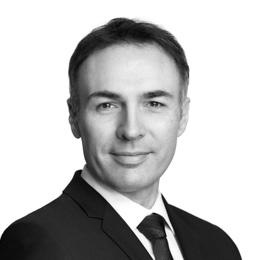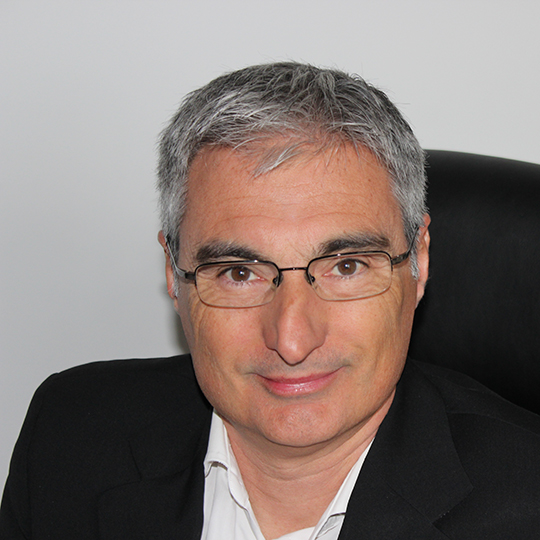How was the Intech group formed?
Michel Schenck: It was the result of two worlds colliding. On the one hand, the world of large corporations, where I had spent all my career, working up to CEO level. On the other, the world of SMEs, which I knew through my role as a director of Promalyon, a company co-founded and managed by my brother Jean-Yves Schenck and Olivier Daniel. My experience of those two worlds convinced me that it was possible to find a middle way that combined the advantages of both and avoided their drawbacks. More specifically, to create a group combining the flexibility of an SME with the structured management of a large corporation. Based on those two ideas, we set up the Intech group by buying Promalyon in 2009 and carrying out our first acquisition in 2010, followed by a further five between then and 2017.
The Intech group now consists of seven companies, each with 10-40 people, which are highly autonomous in technical and commercial terms but supported by a holding company that deals with strategic, financial, legal and human resource aspects.
What connects these various companies?
M.S.: Although each company specialises in a niche market, all of them operate in the same business area, i.e. the automation of industrial processes, including through the use of robots.
This means that they all have similar technical skills (mechanical and electrical engineering, industrial IT, robotics etc.), which allows us to achieve synergies in terms of resource usage, dealing with the peaks and troughs in each entity's business. We can also optimise and share investment in order to keep up with technological developments. Commercial synergies are another criteria for being part of the group, although to a lesser extent. The good fit between the companies' customer portfolios and the ability to share information partly make up for their lack of media presence, which is typical of SMEs. However, I would emphasise that each company maintains its independence.
As well as these business-line criteria, are there other criteria for being part of the group?
M.S.: Yes, there is one fundamental criterion, and probably the most important one: the quality of a company's management and more specifically how well it fits with our 'collegial' operating methods.
So far, if our subsidiaries' existing managers have remained at the helm, that is because they have both a real entrepreneurial spirit and the ability to interact with the group. These entrepreneurial skills are a key factor behind our success.
Are acquisitions your only growth method?
M.S.: Our model is based on 50% organic growth and 50% acquisitions. It is an approach that we have successfully maintained for nine years now.
What role does Crédit Mutuel Equity play in your development?
M.S.: They have given us greater confidence. Alone, we were limited in terms of our ability to raise finance and our skills. Crédit Mutuel Equity (formerly CM-CIC Investissement) has removed that glass ceiling, enabling us to achieve greater growth than we thought possible. We no longer think in terms of risks but in terms of opportunities.
What the partner says

When we met in 2015, Intech Group's managers wanted to attract new investors in order to continue the entrepreneurial and personal journey they had started in 2009.
During that period, the development strategy of combining targeted acquisitions with organic growth has doubled the group's revenue, while focusing on the core business of automating industrial processes, including through the use of robots.
The group's business model involves an integrated federation of SMEs, which has been strengthened since Crédit Mutuel Equity bought its stake since the group has acquired another two companies, bolstering its position in a buoyant market with high entry barriers and where it is challenged by major international groups.
It offers a wide range of technological solutions and serves large customers in a diverse set of industries - including food production, building materials and logistics - helping them to increase their productivity and offering a relatively rapid return on investment.
As an active and engaged partner, we have helped identify acquisition targets and supported the negotiations that preceded their integration into the group.
And we have not finished yet: we are looking at a number of new targets and growth opportunities that bode very well for the group's future development!
€30m of revenue
7 subsidiaries
165 employees




